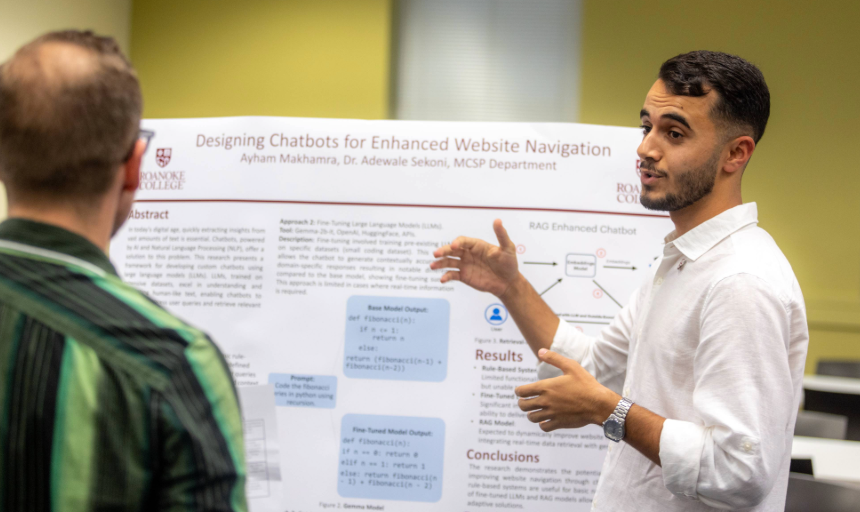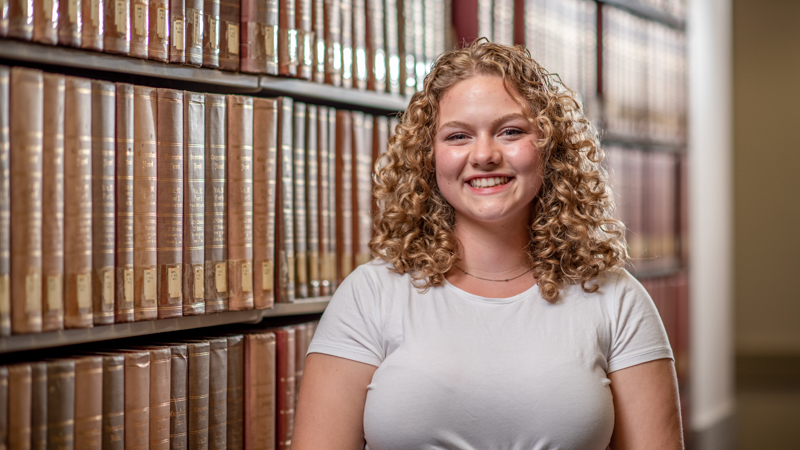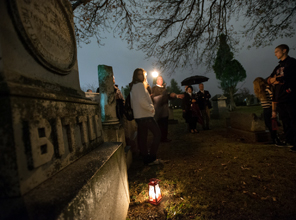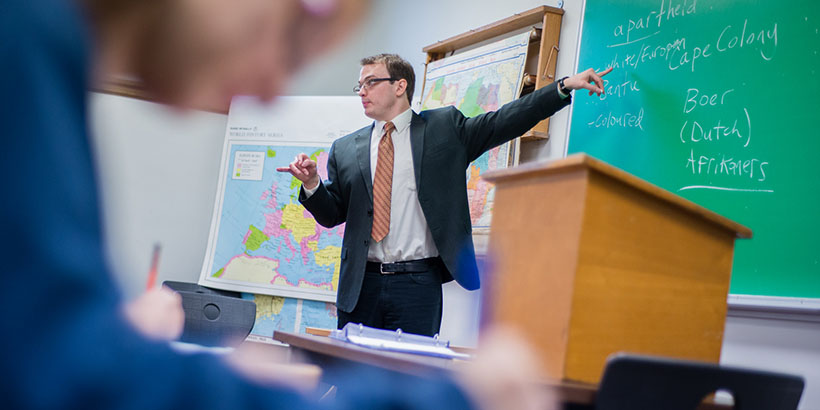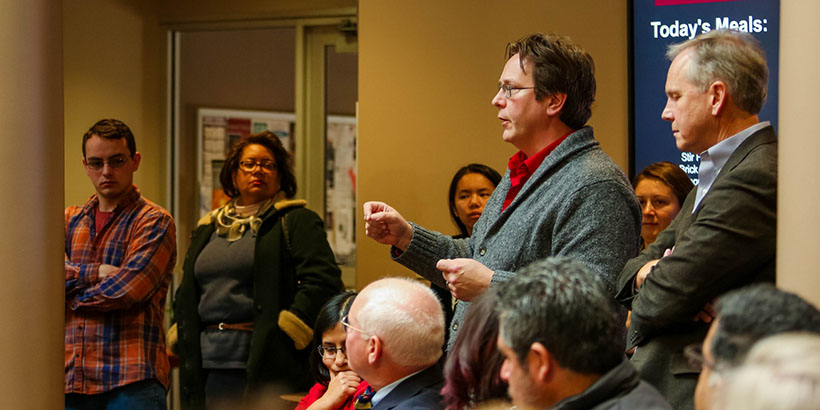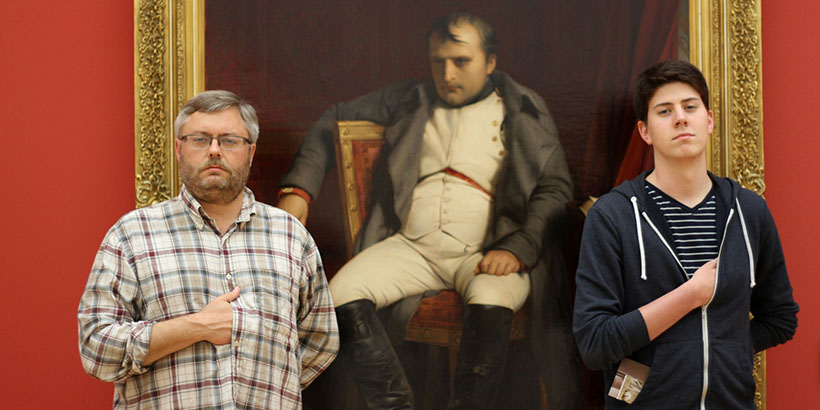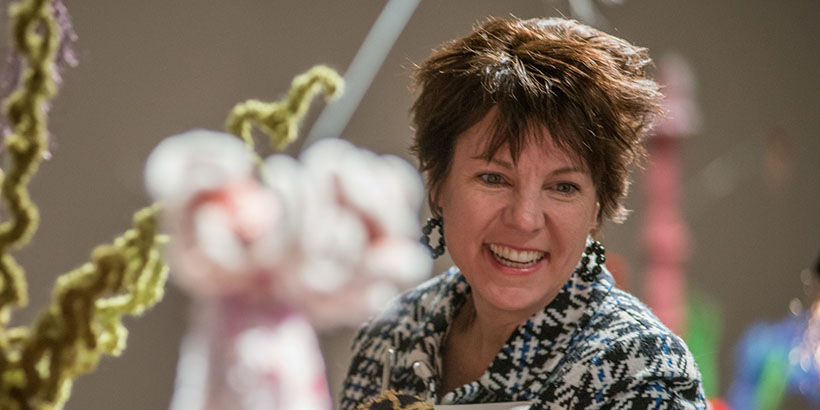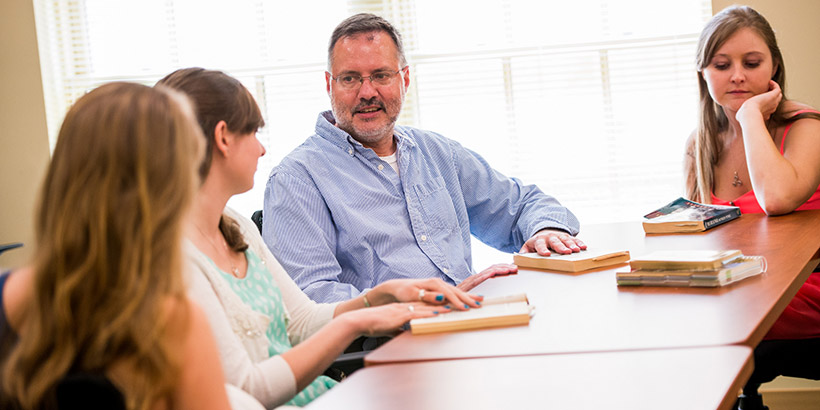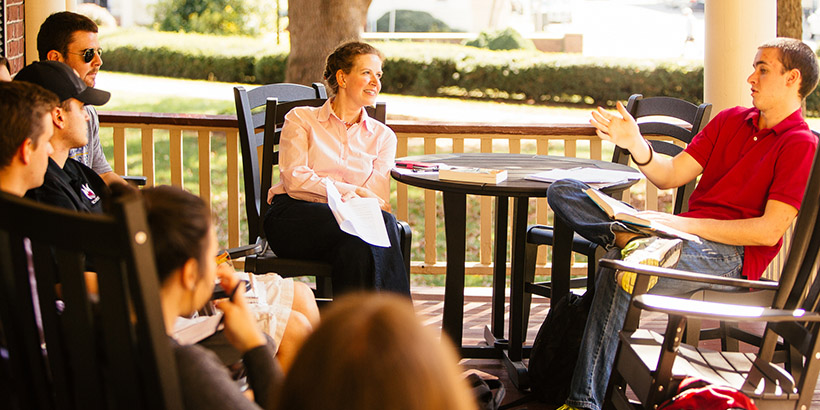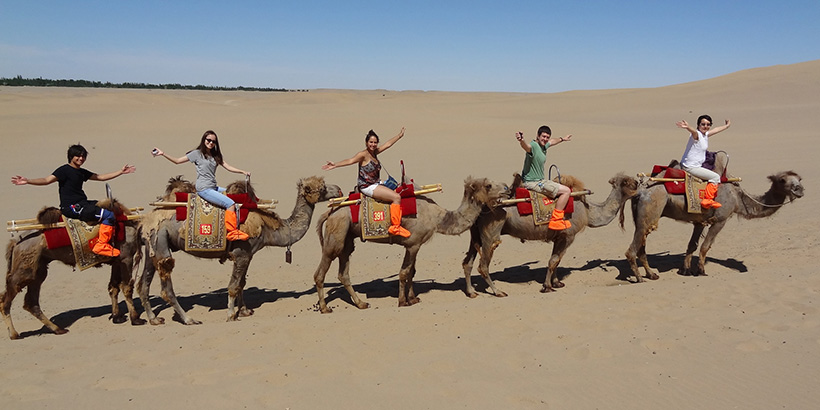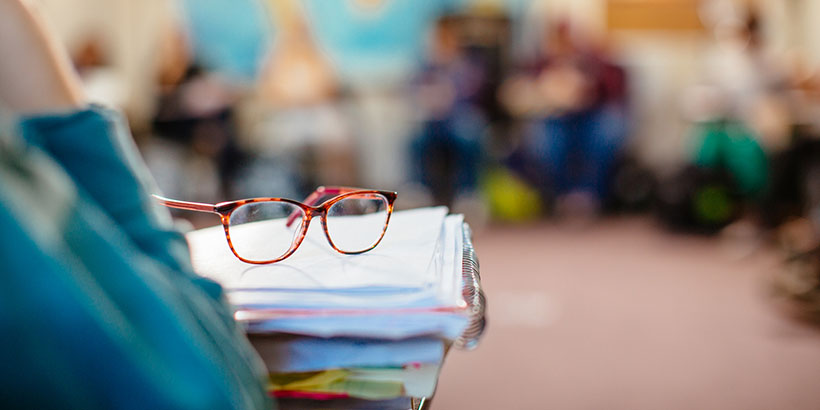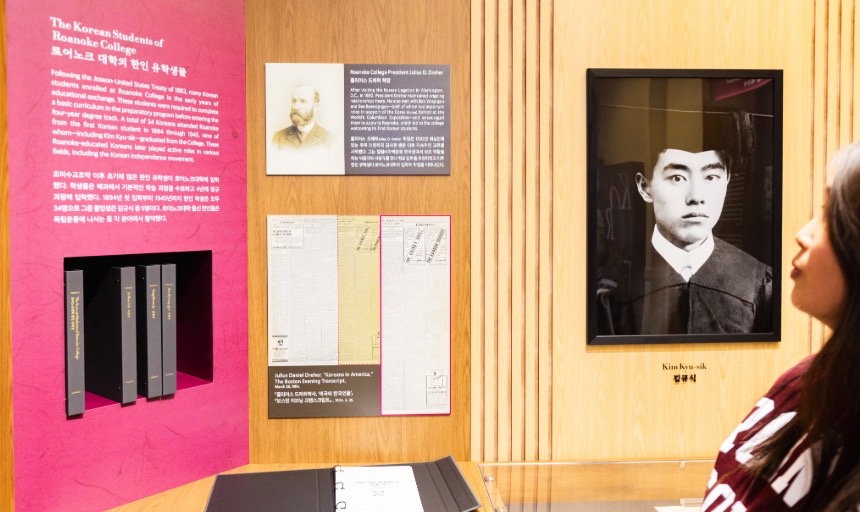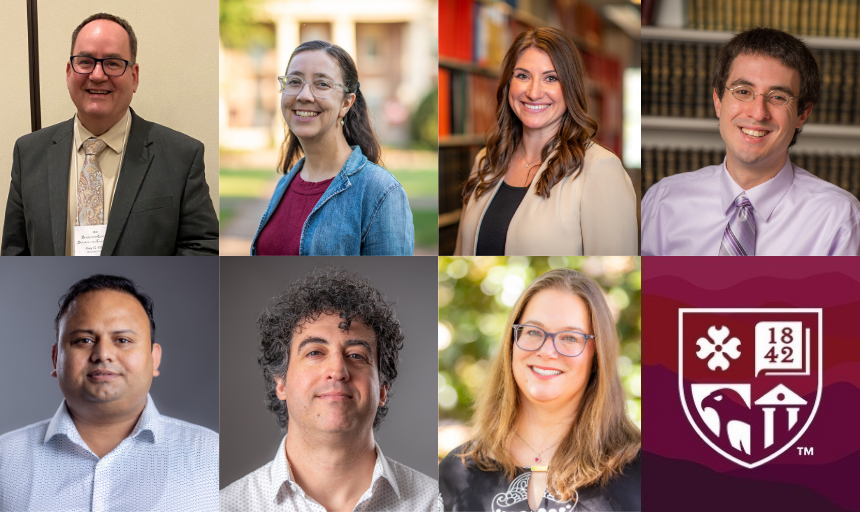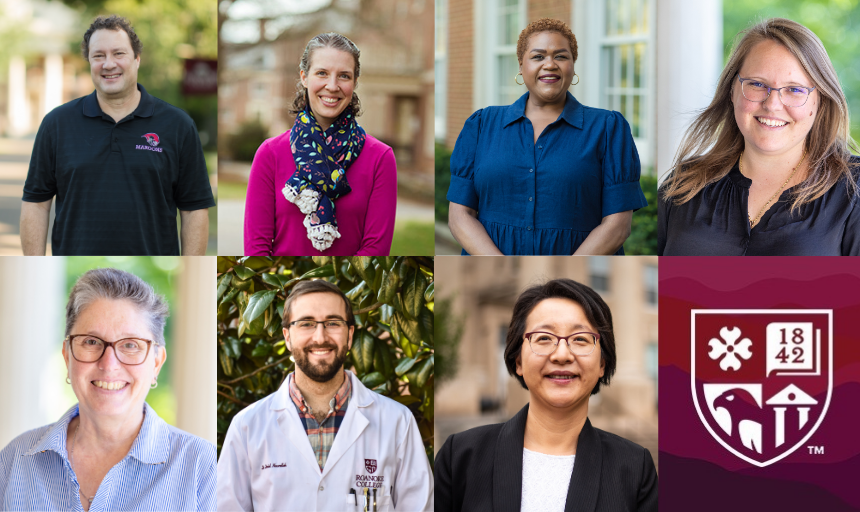History
Available as a major or minor
When you study history you gain strong research, critical thinking, and writing skills through extensive projects and one-on-one work with professors. Roanoke's History Department boasts as many tenured professors as some large state institutions. They teach everything from Latin American and African history to European and public history.
At Roanoke, you'll get to experience history firsthand. You'll search for artifacts during archaeological digs and intern with Virginia's Department of Historical Resources. You'll have opportunities to study in England, Germany, Argentina, South Africa, and many other places through Roanoke's May Term history classes and another study abroad opportunities.
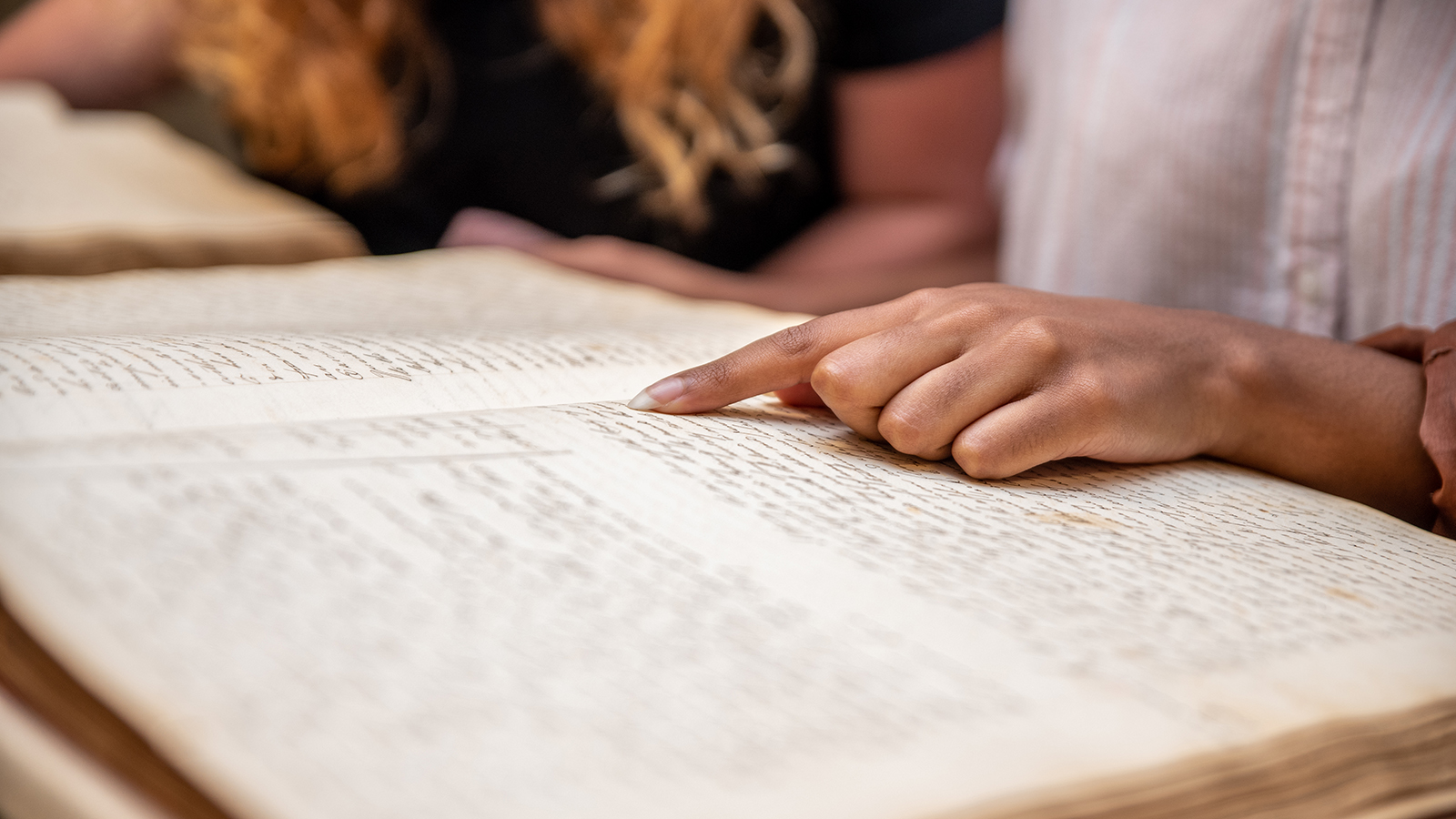
Curriculum & Courses
Student Experiences
What Makes Roanoke Different?
Learn by Doing
Careers & Outcomes
Faculty
News
-
This interactive workshop, the first of a two-part event, is intended to train researchers to better communicate their work with people outside of their field. Folks from all programs are encouraged to attend!
- Date:
- March 27, 2026
- Time:
- 4 - 6 p.m.
- Location:
Antrim Chapel
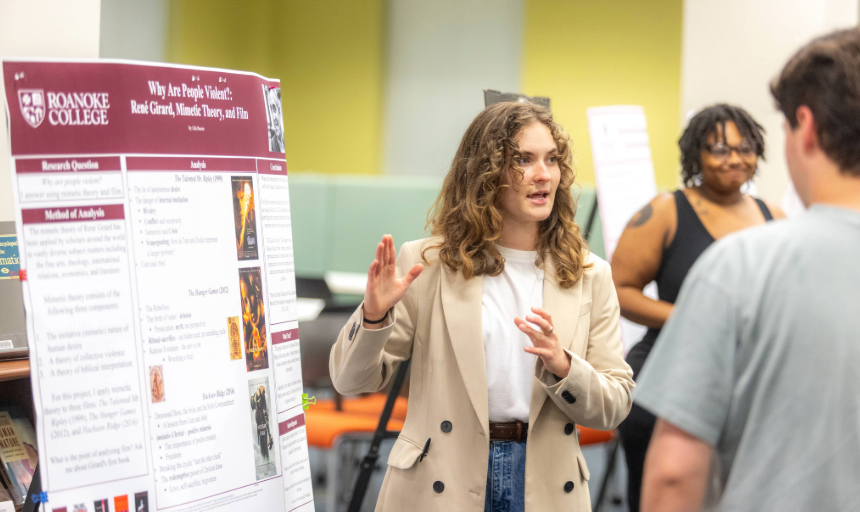
-
Engaged in research? Consider competing in this year's Nutshell Games Competition for a chance to win an Amazon e-gift card.
- Date:
- April 21, 2026
- Time:
- 6 - 7:30 p.m.
- Location:
Antrim Chapel
